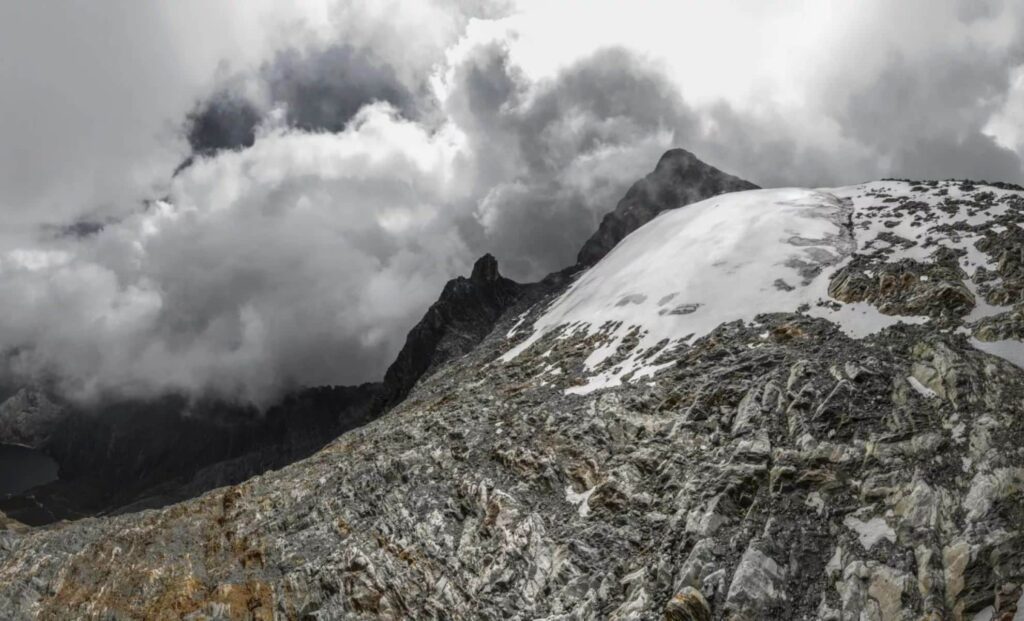Venezuela has officially lost all of its glaciers, with the last remaining one, the Humboldt Glacier, now completely gone. This glacier, once a significant symbol of resilience in a unique climate, had shrunk drastically over time and was reduced to just 2 hectares, rendering it too small to be classified as a glacier.
Researchers from the Cryoshre Climate Initiative confirmed the glacier’s demise, marking a painful milestone amid accelerating environmental changes. Named after explorer Alexander von Humboldt, the glacier serves as a reminder of his early warnings about the consequences of human impact on the environment.
The loss of the Humboldt Glacier signifies not only the disappearance of a natural landmark but also broader environmental concerns, especially as global temperatures rise and glaciers retreat at unprecedented rates. Tropical glaciers, such as those in the Andes, are crucial for freshwater supply, and studies indicate they have lost 25% of their ice cover since the late 1800s, melting 10 times faster than the global average.
The United Nations has designated 2025 as the International Year of Glacier Preservation to raise awareness about the urgency of maintaining global glaciers. Despite this initiative, scientists remain pessimistic about reversing the ongoing trend of glacial loss, especially in tropical regions. The situation in Venezuela exemplifies the broader impacts of climate change felt worldwide, stressing the urgent need for action against global warming.
Source link


